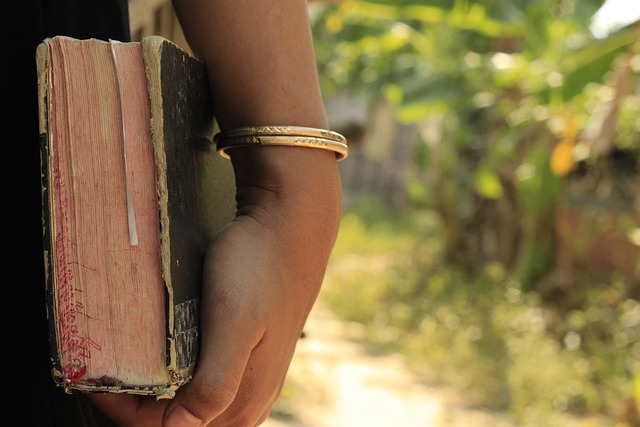


Blessed are those who are persecuted because of righteousness, for theirs is the kingdom of heaven. — Matthew 5:10
When we think of blessings, we tend to imagine peace, comfort, and abundance. But Jesus’ teaching in the Beatitudes flips that idea completely upside down. He shows us that true blessing often comes in the midst of hardship, especially for those who dare to live out God’s righteousness in a world that resists it.
The final Beatitude — “Blessed are those who are persecuted because of righteousness” — is not a hopeful warning for future disciples. It is a description of a current reality. The Beatitudes, from the very first “Blessed are the poor in spirit,” describe a kind of person — someone who has already surrendered to God, someone already walking in the footsteps of Christ. They are humble, merciful, pure in heart. They hunger for righteousness. And because of that righteousness, they are opposed.
Notice the key phrase: because of righteousness. Jesus isn’t blessing all suffering or every form of opposition. He’s pointing to a very specific kind of persecution — the kind that comes when someone chooses to live a godly life, speaks truth in love, or refuses to compromise with sin or injustice.
To live righteously is to live in such a way that the world can’t ignore you. You challenge selfish systems, confront cultural idols, and embody a peace that unsettles the violent. And this kind of life almost always comes with a price. Across the world today, millions of Christians are suffering persecution for their faith in Jesus Christ. They are ostracized from their families and communities, they are denied jobs, restricted in where they can live, blocked from gathering with other Christians, kidnapped, forced into slavery and even killed.
Even in America, where religious freedom is enshrined in our Constitution, Christians are persecuted. That’s why Jesus speaks to us in a very personal way:
“Blessed are you when people insult you, persecute you and falsely say all kinds of evil against you because of me.” — Matthew 5:11
Here, Jesus makes it clear that the persecution is not only because of righteousness, but because of Him. In other words, this is about your relationship with Jesus. Living for Him in a world that doesn’t recognize Him puts you in the crosshairs of rejection, mockery, and even violence.
And yet — astonishingly — He calls us blessed. Why?
Because, He says, “theirs is the kingdom of heaven.” The same promise given in the first Beatitude is repeated here — a bookend, reminding us that the path of surrender and faithfulness begins and ends with the presence and promise of God. Those who are persecuted for righteousness are not abandoned. They are citizens of a kingdom that cannot be shaken.
This Beatitude isn’t hypothetical. Jesus says “when people insult you…” — not if. He’s preparing His followers for a reality they will face. From the earliest days of the Church until now, faithful Christians have faced opposition for their commitment to Christ. Sometimes it comes violently, but often it’s quieter — rejection, ridicule, isolation.
And yet Jesus says: Rejoice. Be glad. Your reward is great in heaven. You’re not alone — “in the same way they persecuted the prophets who were before you.”
The persecution you face for righteousness puts you in the company of spiritual giants. It’s not a sign that you’ve failed — it’s evidence that you’re aligned with God’s heart.
So what does this look like in our world?
It might mean standing up for truth even when it costs you influence or popularity. It might mean living with integrity in a workplace that rewards compromise. It might mean refusing to conform to cultural trends that contradict Christ’s teachings — even when people misunderstand or attack you for it.
Jesus never promised comfort in this world. He promised something better — His presence, His peace, and a place in His eternal kingdom.
So if you find yourself mocked, misrepresented, or marginalized for your faith, take heart. You are walking the narrow road Jesus walked. And He calls you blessed.
If you are not a child of God and want to be included among those blessed by Jesus — even at the cost of persecution, then we encourage you to learn more at our post: How does one become a Christian?
Answers to Life’s Greatest Questions is provided by Living Dialog Ministries. Visit our website at LivingDialog.org where you’ll see the wide range of books and booklets to help you go deeper in the study of God’s Word.